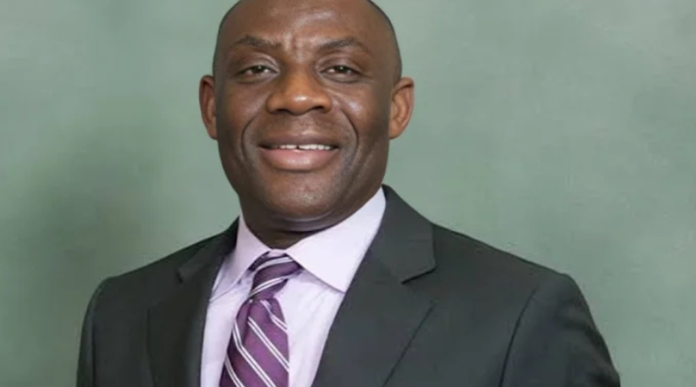In a move that has left Nigerians questioning the future of education in the country, President Bola Tinubu’s government has imposed a dramatic increase in application and processing fees for private universities. The fees, which were previously set at ₦6 million, have surged to an eye-watering ₦30 million, signaling a potentially new era for private higher education in Nigeria.
The National Universities Commission (NUC) announced the new fee structure in a statement on Monday, revealing that the cost of acquiring application forms for new private universities has been raised from ₦1 million to ₦5 million. Moreover, the processing fee for applications has seen an unprecedented hike from ₦5 million to ₦25 million. This sharp increase follows the directive of the Minister of Education, Dr. Olatunji Alausa, to raise revenues through the sector.
The government’s drastic measure has sparked an outcry, with critics accusing the Tinubu administration of attempting to commercialize education at the expense of its accessibility. The sudden hike has left many wondering whether the government is prioritizing profit over educational advancement.
Former President Muhammadu Buhari’s administration, despite being widely criticized for its inefficiencies, is said to have refrained from increasing such fees. However, under Tinubu’s government, this decision appears to mark a stark departure from previous policies. Some critics have questioned the timing of such an increase, especially when many families are still grappling with the economic impacts of inflation and insecurity.
Alongside the fee hikes, the NUC also revealed a one-year moratorium on all inactive applications for the establishment of new private universities, including those for private open universities. This suspension, which will take effect from February 10, 2025, is meant to review applications that have been stagnant for over two years. The NUC will now focus on applications that have made significant progress, further tightening the procedures for establishing new private institutions.
For those who have already purchased application forms but have yet to complete their submissions, the NUC has warned that they must make the required payments within 30 working days or risk losing their pending applications. This change aims to expedite the process of establishing new institutions but has also been seen by some as a way to reduce the backlog of applications.
“The Commission will continue to process active applications, and recommendations will be made to the Federal Executive Council for approval,” the NUC’s statement assured.
The fee increase has stirred public anger, with many questioning the rationale behind such a steep rise. For private university owners and educational consultants, this move is seen as a direct blow to their ambitions.
The hike, which is seen as a direct response to increasing demand for private university education in Nigeria, may also lead to a rise in tuition fees at private institutions. Many of these universities have struggled to balance quality education with rising costs, and this fee increase is likely to add financial pressure on students and their families.
The new fee structure, which effectively means that it will now cost N30 million to complete the process of establishing a new private university, is also raising questions about whether this will restrict opportunities for Nigerians who wish to enter the higher education sector.
While the fee hikes may be framed as a necessary response to the increasing demand for private universities and the need to streamline the application process, there are concerns that it could pave the way for a more business-focused education system, where profits outweigh the importance of academic excellence.
Buhari’s administration, although criticized for many reasons, did not introduce such drastic increases in fees. Under Buhari, the education system, while facing numerous challenges, was not overtly seen as a tool for government revenue. In contrast, the current administration seems more open to the idea of generating funds through education, further deepening concerns about the future of public schooling in the country.
As the Tinubu administration moves forward with its higher education policies, the increased fees for private university applications mark a significant shift in the landscape of Nigerian education. With the NUC now focusing on a more rigorous evaluation process for new institutions, the government is signaling that the future of higher education in Nigeria will be more closely tied to its ability to generate revenue.
This policy shift will have far-reaching implications for the education sector in Nigeria. On one hand, it could lead to greater privatization and commercialization of the sector, which may benefit those with the financial resources to access education. On the other hand, it could alienate aspiring entrepreneurs and educational institutions that are unable to meet these financial demands, narrowing the pool of prospective educational providers.

